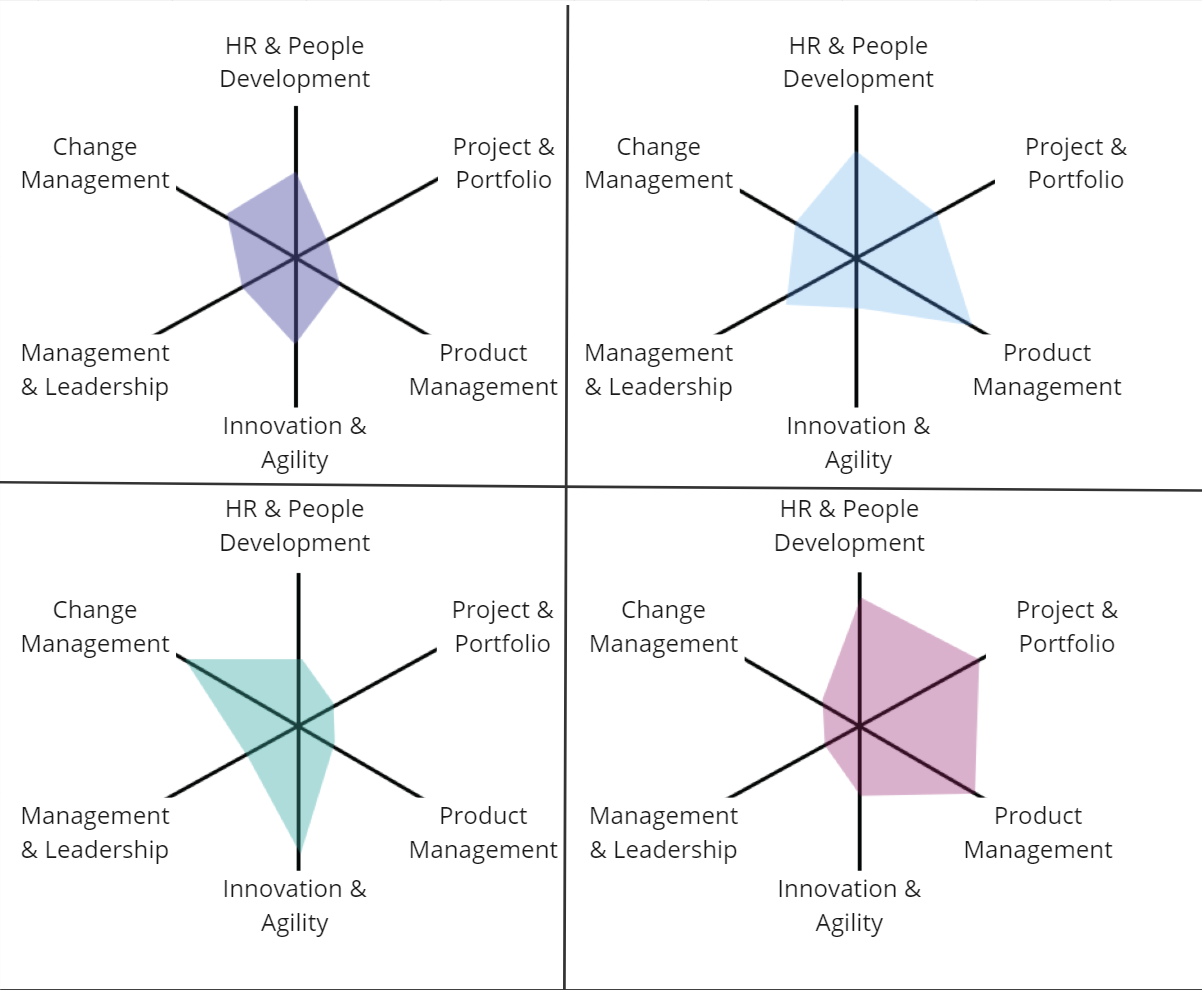Qualification Experiment
Author: Dmitry Velykoivanenko
I am not a fan of “Agile certifications.” Certification is an exciting way to show that you have done or achieved something, like finishing a two-day workshop on the basics of a model. And then suddenly, you become a professional in that field. Also, the knowledge leaves your body when the certificate expires.
This baffled me for a long time, and I asked myself, is it the best way to show somebody is an expert in something? Finally, the answer came from experimenting and combining knowledge from my educational experience and game design.
Meet the unFIX Qualification experiment.
Our team started by defining the purpose of the experiment. It was:
"Create an engaging leveling system that:
Promotes to our customers the people who contributed the most to the unFIX community
Creates a growth path for members who embrace variety and help guide the contributions to the unFIX community.
Is reflective of the contributions made to the unFIX community."
There needs to be more than a simple certification approach to achieve these goals, but I already knew where I could get the necessary ideas - Games! For years we've been developing motivation and engagement techniques along with leaderboards in games. So why reinvent the wheel if so much has already been done? I decided to reuse what has already been developed, tested, and proven to work.
And then we went to the drawing board. We decided that we can measure the contribution and knowledge of a person by looking at the content they have produced within a specific field (which we call a Track). The logic is simple: if you like something, you consume or create more of it. Being a partner drives even more attention to the question. The more you bring your ideas, experience, and knowledge to the World, the more people will notice you and be interested in how you can help them. Our Qualification experiment gives you this opportunity.
Enter the eXPerience scales.
In each Track, you have experience points awarded for producing content (case studies, blog posts, YouTube videos, podcasts, etc.) or preparing workshops and conference talks. Any content can be in several Tracks (up to 3) at once and will contribute towards your profile.
You earn points by simply submitting a link to us, and we, after carefully reviewing it, will credit you with points.
"But what about unFIX classes that you provide?" - well, they are the same as any other content or event, with no preferences. This is where we are different from certification schemes. Yes, you get access to exclusive conversation and perks by becoming a partner, but it doesn't make you an expert when your workshop cheque has cleared. You get points by gathering material, reading on different topics, receiving feedback, and producing something new from your brilliant mind. This is how people learn.
Of course, different content and events require variable effort to produce, so we take that into account and have created the following scoring table:
The points last a particular time - 2 years at the moment. We want this to keep the system objective and up to date. For example, team topologies weren't here three years ago, and now they are the cool new kid on the block. We want our partners to keep learning and evolving and our clients to find the best and most relevant person for any job.
So your profile, after some work, will look something like this:
Why is it helpful?
Looking at that picture, you can get the perfect partner profile for your needs! Do you want a product-oriented person experienced in HR and coaching? No problem! Do you want a process-centered PM with a background in design? Sure thing!
We designed this system to answer the purpose we set before it, and I am curious to hear how you like it and what should be improved.



